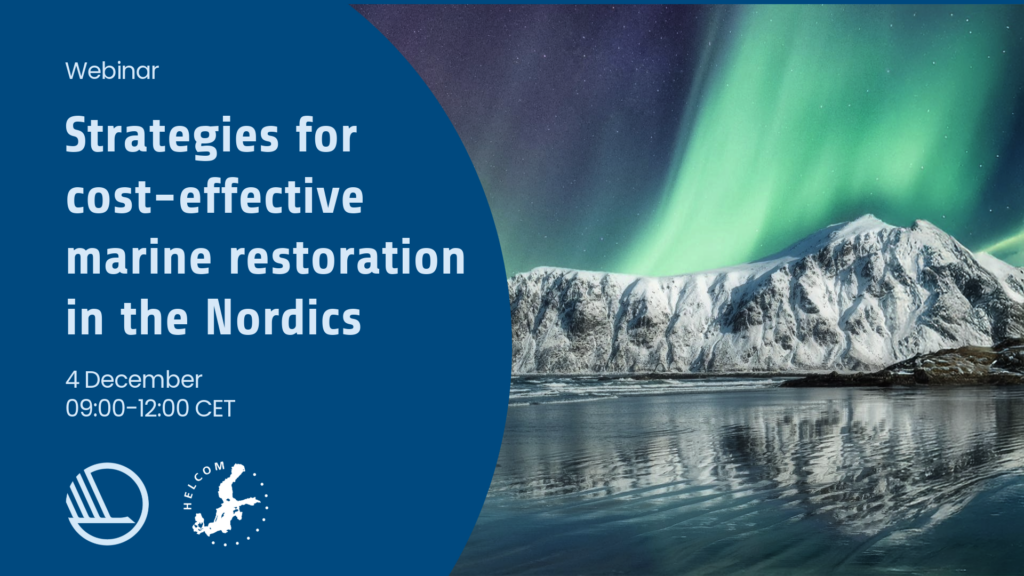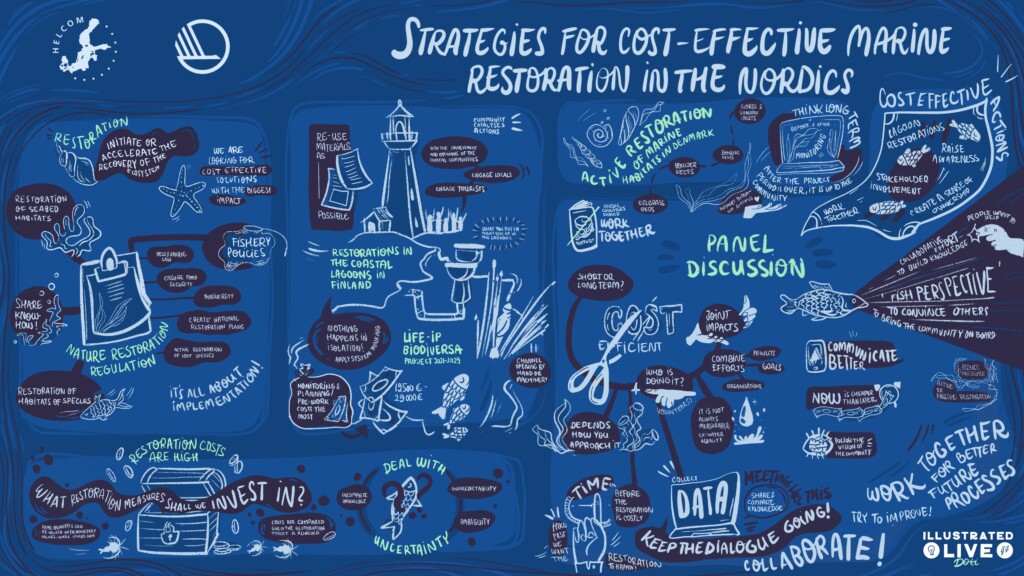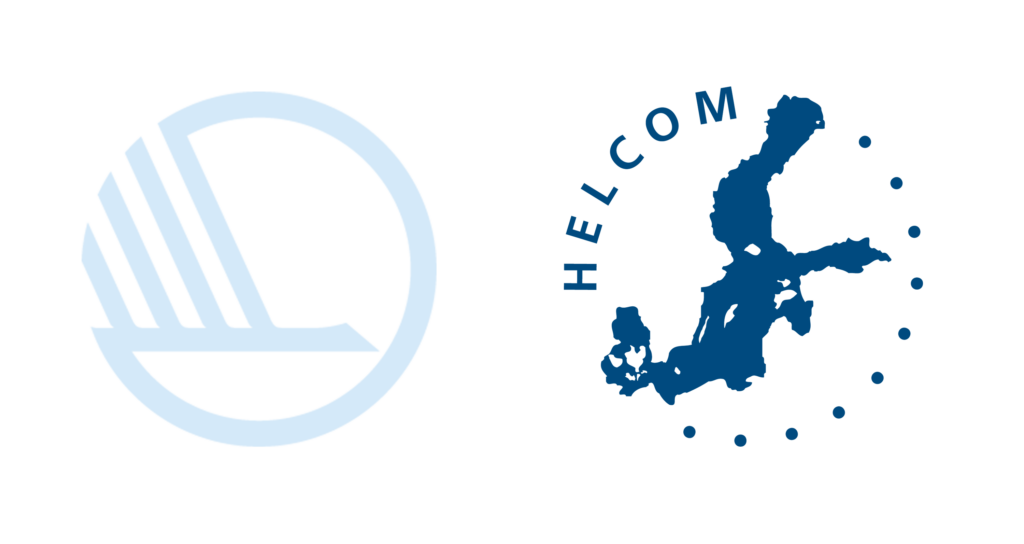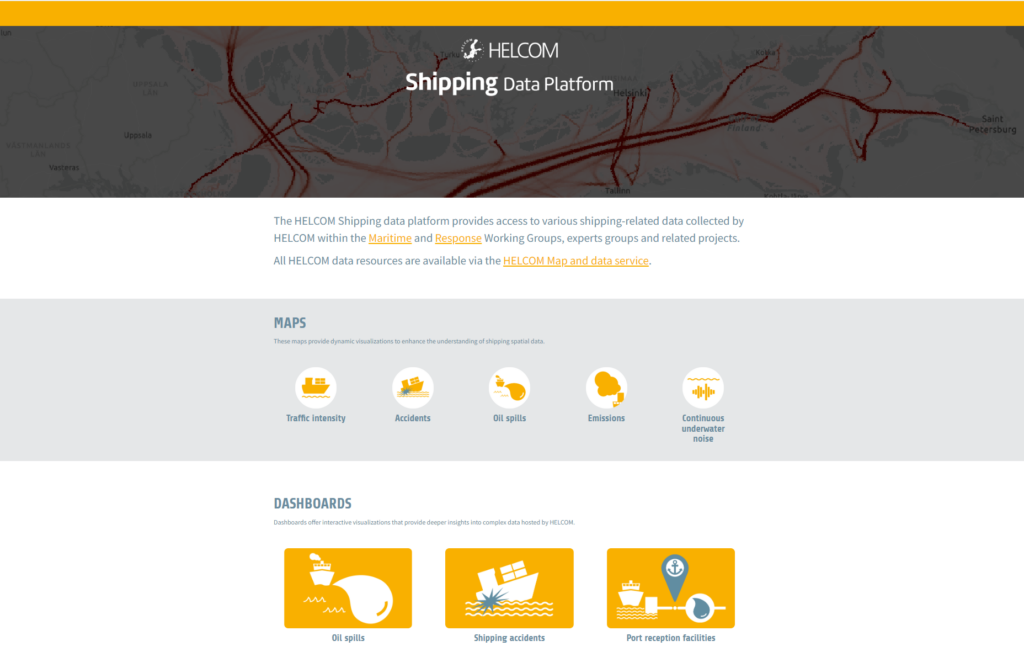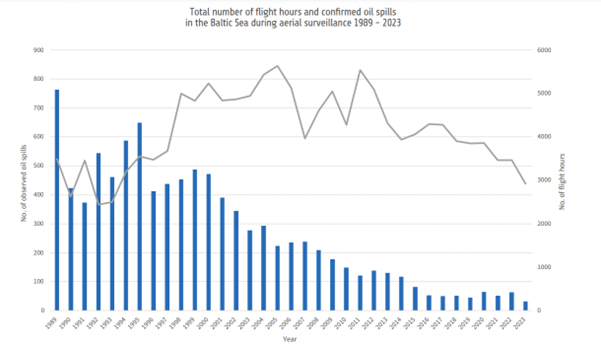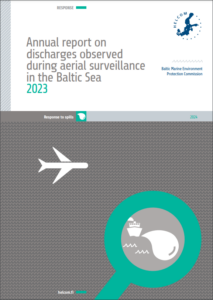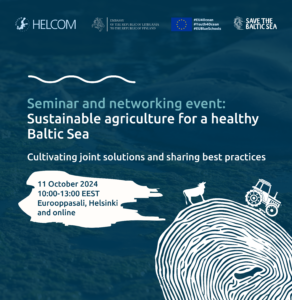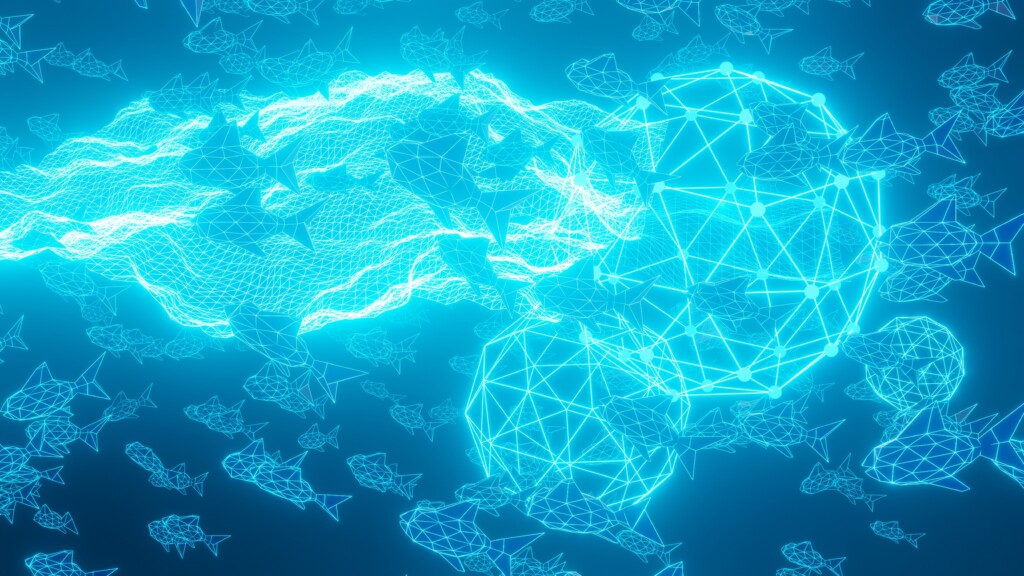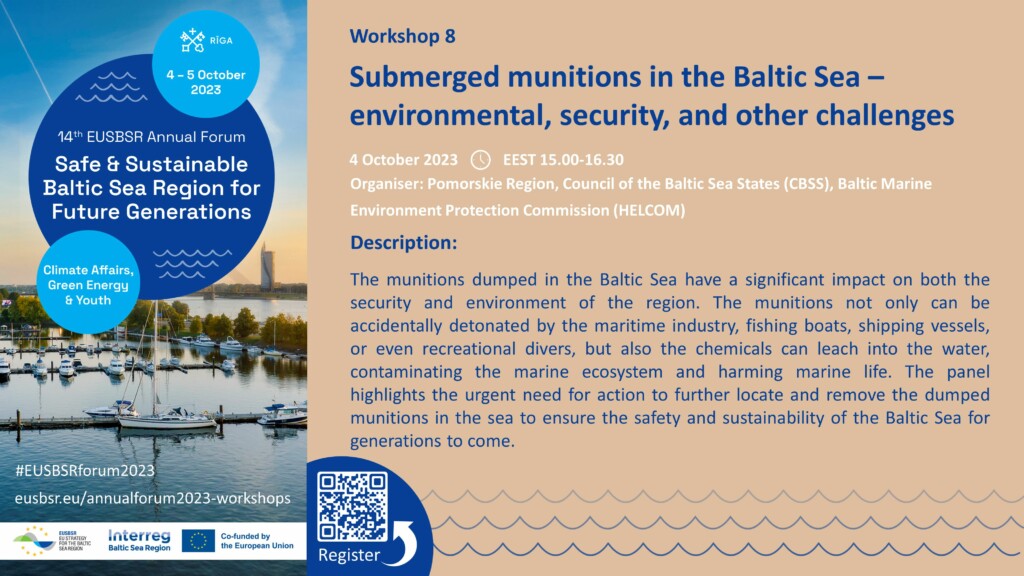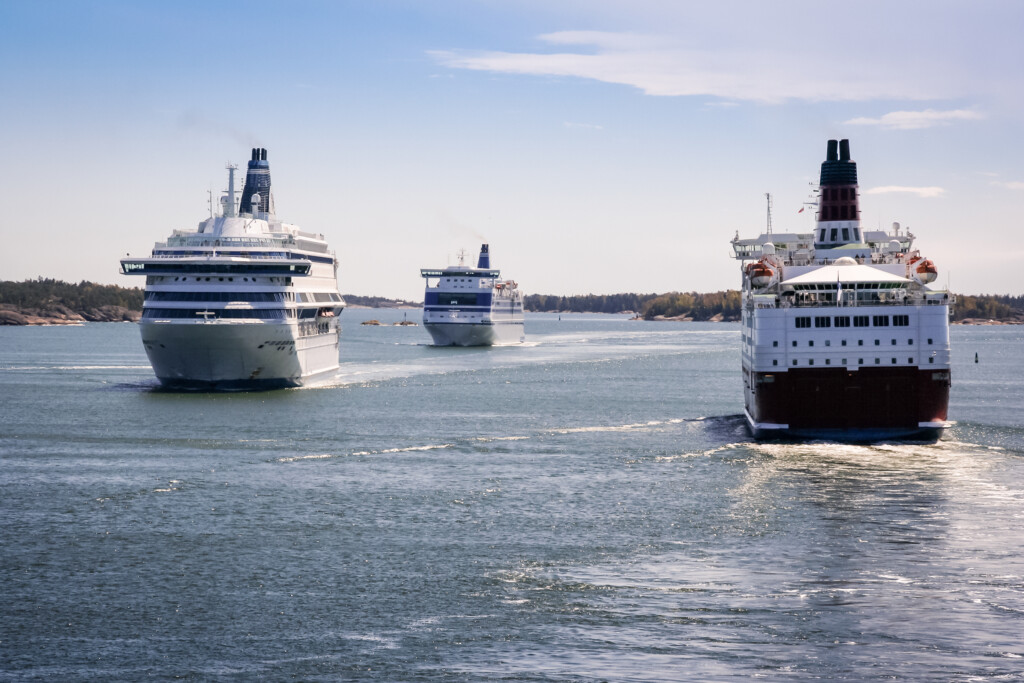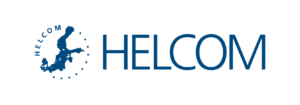A groundbreaking initiative is harnessing the power of gaming to inspire action for the restoration of the Baltic Sea. Ecosfera Baltica, developed by HELCOM and Julibert Games, merges science, sustainability, and strategy into an engaging and fun collaborative game experience aimed at all ages.

The Baltic Sea faces significant environmental challenges, as highlighted by the State of the Baltic Sea 2023 report. Ecosfera Baltica brings these findings to life by educating players on the complex interplay of ecosystems, biodiversity, and the impact our activities have on the sea. Available in both a tabletop boardgame and a digital version, the game encourages cooperation, critical thinking, and empathy while emphasising actionable solutions for a sustainable future.
“Games have been proven to help players to foster empathy, enhance problem-solving skills and encourage critical thinking, ultimately driving social change by encouraging players to take action in the real world” concludes Jannica Haldin, who coordinates the project at HELCOM together with Owen Rowe.
The game features scientifically accurate scenarios, multiple levels of complexity, and accessibility options to appeal to players of all ages and backgrounds. Funded by the Maj and Tor Nessling Foundation, Ecosfera Baltica is set for release in early 2025.
The digital multiplayer version, developed in collaboration with Reaktor, aims to make the game more accessible, thereby expanding its reach to schools and other educational institutions across the Baltic Sea region.
How to access the game?
Both versions of the game (digital and tabletop board game) are due to launch early 2025. To ensure your copy of Ecosfera Baltica board game once it is ready, you can sign up for the Ecosfera Baltica Kickstarter campaign. You will then be notified once the campaign launches on 1 March 2025, with further details on how to place on order.
Contact
Jannica Haldin
jannica.haldin@helcom.fi
+358 40 485 5905
Eeva Nyyssönen
eeva.nyyssonen@helcom.fi
+358 40 6473996

